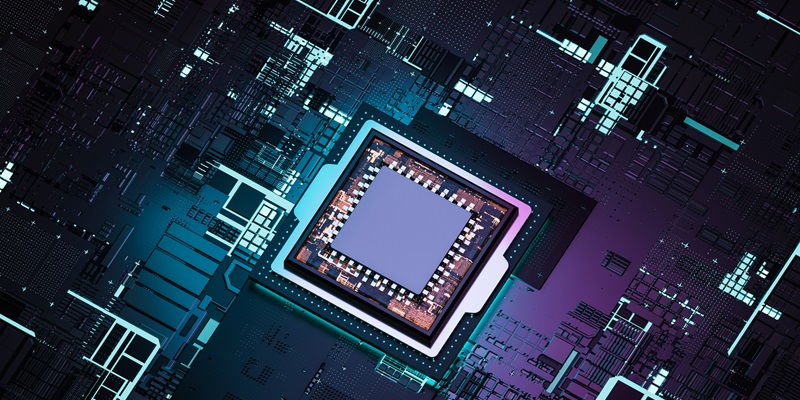AMD has recently announced an exciting lineup of Ryzen processors, set to power the best laptops of the upcoming year. With a total of nine new chips in tow, all carrying the Ryzen 5000 name and equipped with AMD’s groundbreaking ‘Zen 3’ architecture, the tech community is buzzing with anticipation.
Release Timeline and Codename
Dubbed as ‘Hawk Point’, the new processors have already begun their journey to laptop manufacturers and are expected to hit the market in early 2024. This news couldn’t come at a better time as consumers eagerly await the next generation of laptops packed with cutting-edge technology.
Architecture and Flagship Processor
AMD’s latest processors will be built on the Zen 4 CPU core architecture and RDNA 3 graphics architecture, guaranteeing unparalleled performance. The crown jewel of this lineup is the Ryzen 9 8945HS, a powerhouse that promises to redefine laptop computing with its impressive capabilities.
Inclusion of Low-Spec Chips
In a pleasantly surprising move, AMD has not overlooked the demand for affordable options. The Ryzen 3 8440U, a quad-core processor, will cater to those on a budget while bringing the XDNA neural engine to more accessible laptops. This inclusion ensures that local AI capabilities are accessible to a wider range of users.
Expansion of Local AI
The real significance of these new processors lies in their contribution to expanding local AI. AMD has already made strides in this domain with the introduction of the neural processing unit (NPU) in the Ryzen 7040 series. However, the Ryzen 8040 lineup takes this progress even further.
Advantages of On-Chip AI
On-chip AI offers a plethora of advantages for users. One major advantage is the elimination of the need for a mandatory internet connection since the AI processes occur locally, without dependence on a cloud server. This newfound independence allows users to utilize AI functions wherever they are, without the limitations of connectivity.
Improved Security
Keeping AI processes on the device also addresses security concerns. By bypassing the need to upload data to an external platform, users can rest assured that their sensitive information won’t be compromised. This on-device approach mitigates potential vulnerabilities associated with cloud-based AI solutions.
Notable Performance Improvements
AMD has made grand promises of “more than 3x generative AI NPU performance” compared to the previous generation XDNA NPU. If Team Red can deliver on this assurance, it would mark a significant leap forward. The upcoming Hawk Point chips are also poised to outperform Intel’s i9-13900H in nearly every area, showcasing AMD’s commitment to leading the pack.
As the launch of the new laptops featuring AMD’s Hawk Point processors approaches, the industry eagerly awaits the advancements these chips will bring. The combination of Zen 4 CPU core architecture, RDNA 3 graphics architecture, and the innovative XDNA AI technology ensures that users can expect a remarkable boost in performance and an enhanced local AI experience. With more affordable options and improved security, the adoption of on-chip AI is set to soar. Keep an eye out for the arrival of these powerful AMD Ryzen processors as they pave the way for the future of laptop computing.

